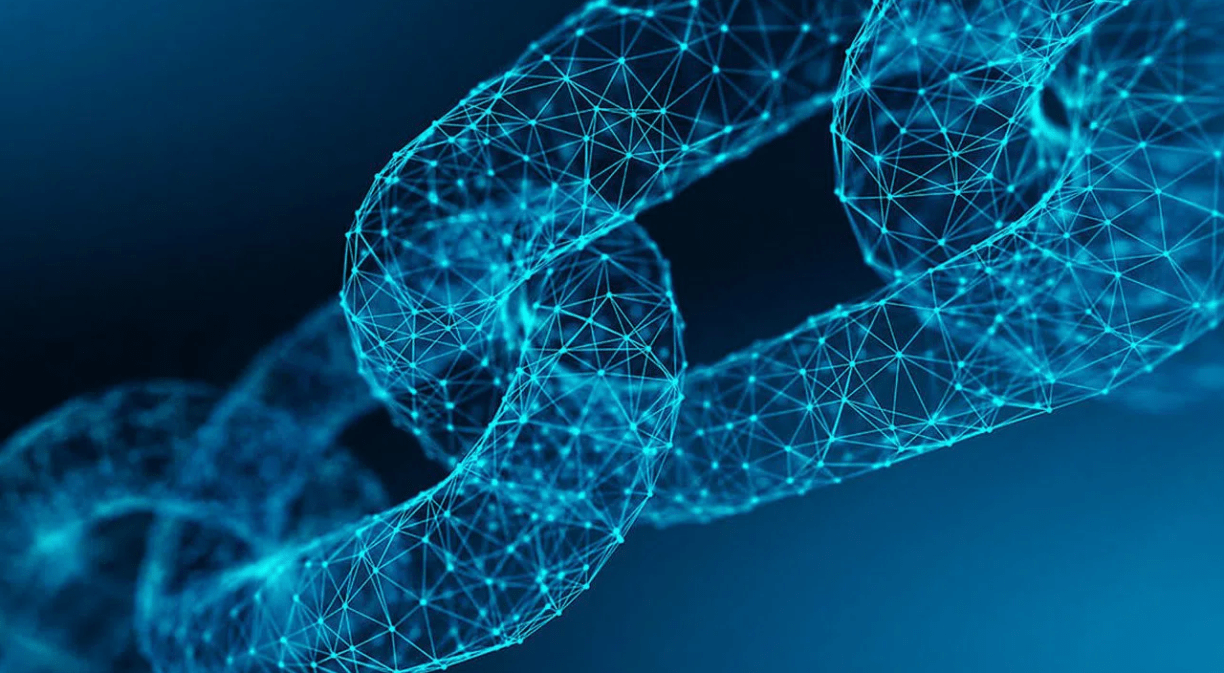Telefónica Tech, Telefónica’s digital business unit, joins the LACChain global alliance, made up of different actors in the blockchain environment and led by the Inter-American Development Bank Group’s Innovation Lab (IDB Lab). The main focus of its members is to promote the significant adoption of this technology and the development of the blockchain ecosystem in Latin America and the Caribbean.
Telefónica Tech and LACChain will work together to accelerate the adoption of blockchain in the region and support the creation of a community that facilitates the exchange of knowledge in the use of this technology, including workshops and training.
The alliance also includes the possibility for Telefónica Tech to include its solutions in the infrastructure and technological tools of the LACChain networks and, in addition, connection with blockchain entities and communities, and with organisations involved with LACChain and, in addition, connection with public and private entities and blockchain communities in the region for the deployment of new use cases on this technology with socio-economic impact and that help to close the digital divide.
This agreement is part of LACChain’s goal to accelerate the enablement and adoption of blockchain to foster innovation, reduce economic, social, gender and other inequalities, promote job quality and security, promote financial inclusion, consumer protection and market integrity. To this end, LACChain focuses on two main pillars, which are community and infrastructure.
José Luis Núñez, head of the Blockchain unit at Telefónica Tech, highlights: “By joining the LACCHain global alliance we seek to combine synergies, collaborate and coordinate with the blockchain ecosystem to highlight the potential that blockchain technology has in Latin America and the Caribbean”.
With the incorporation of Telefónica Tech, the LACChain Alliance has 57 allies in the blockchain environment, supporting public-private partnerships and solutions based on this technology in 16 countries in Latin America and the Caribbean. Currently, 38 projects with an impact on inclusion are being developed, with 136 nodes and 81 entities running nodes in a history of more than 35 million blocks.
